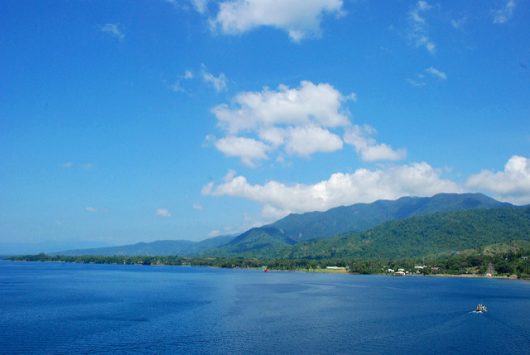Nine Facts About Water Quality in Papua New Guinea

As more than 80 percent of the population lives in remote areas with little to no modern facilities, Papua New Guinea struggles with poor water quality and a lack of awareness about basic human health necessities. With very little access to clean water, sanitation is poor and disease is rampant.
As access to safe water and sanitation are vital to the basic health needs, the population in this area is at risk. Poor hygiene leads to poor health and illnesses such as cholera and diarrhea, which kill people every day.
Here are nine facts about water quality in Papua New Guinea:
- Papua New Guinea has the poorest level of access to clean water in the world, with more than 60 percent of the population living without access to clean water.
- Since 1990, access to clean water has only gone up by six percent and improved sanitation coverage actually dropped by one percent.
- Of the 15 developing Pacific Island nations, Papua New Guinea has the lowest water and sanitation access indicators.
- The average cost of 50 liters of water (the minimum amount of water necessary for human sanitation and well-being) in Papua New Guinea’s capital is £1.84 per day, which is half the average daily salary (£3.61). The average cost of 50 liters of water in the U.K. is £0.07 per day.
- Approximately 4.8 million people in Papua New Guinea do not have access to clean water and 6.2 million people do not have a basic toilet.
- More than 200 children in Papua New Guinea die of diarrhea each year due to lack of sanitation and clean water.
- Because 85 percent of the population lives in rural areas, education about sanitation and the importance of clean water is scarce.
- According to Oxfam New Zealand, contaminated water in Papua New Guinea kills 368 people every six weeks.
- Papua New Guinea launched the National Water, Sanitation and Hygiene (WaSH) policy in 2015.
These nine facts about water quality in New Guinea reveal a serious issue that extends beyond just access to water. With little to no progress being made toward access to water and sanitation since 1990, Papua New Guinea must look to its foreign donors and its domestic leaders to address this issue.
– Tucker Hallowell
Photo: Flickr
